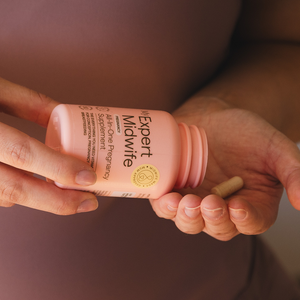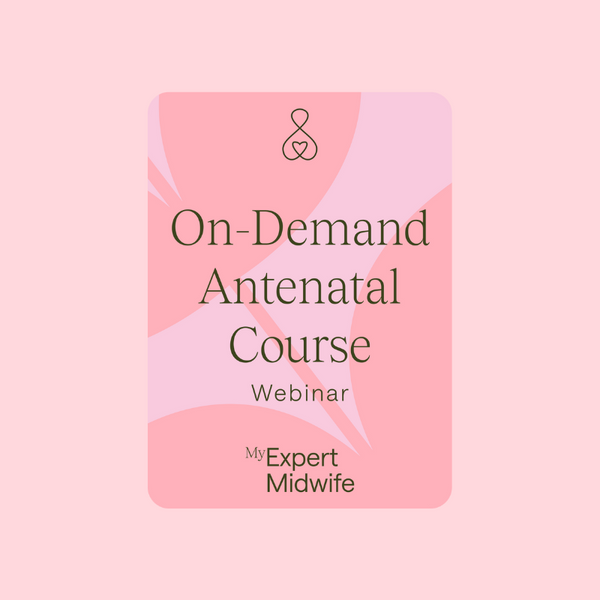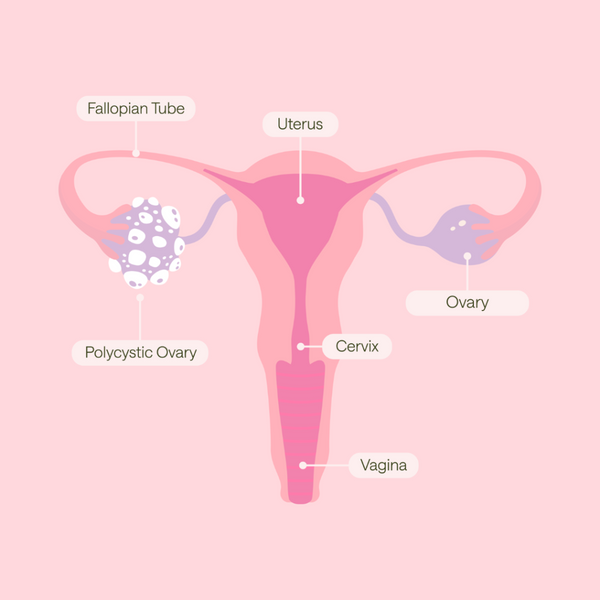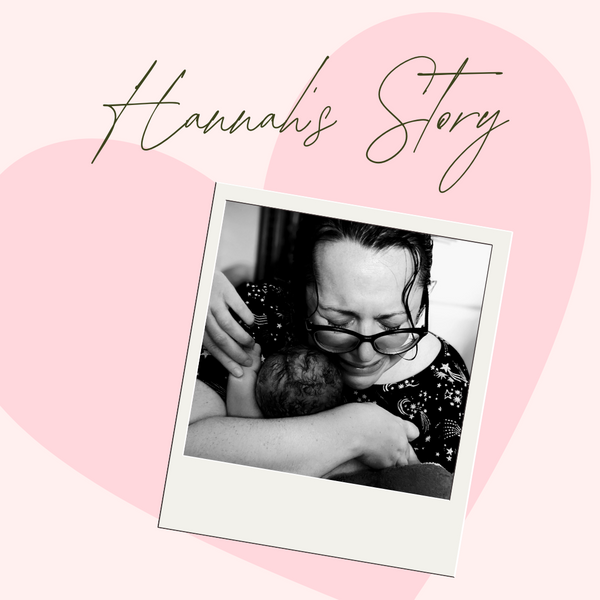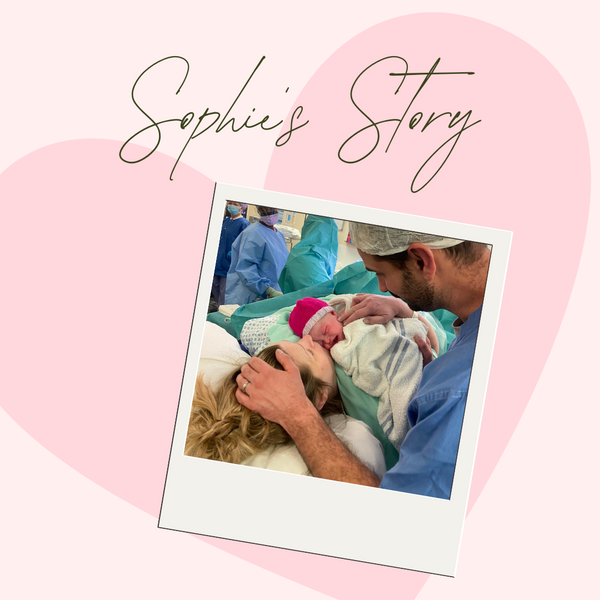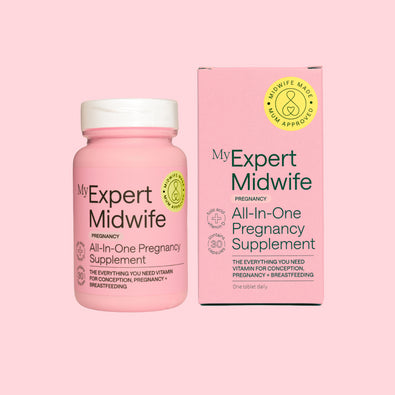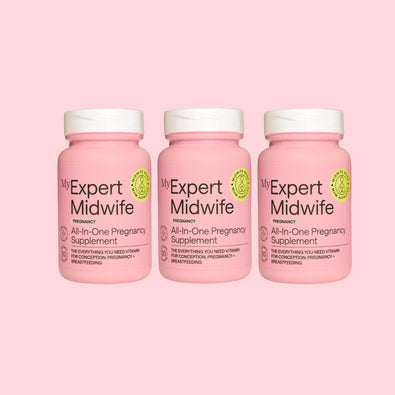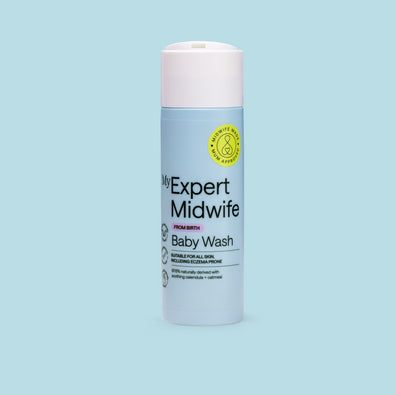-
Cold-like symptoms; runny nose, sneezing, sore throat and sometimes a low-grade temperature that may be present for a week or longer before other symptoms present.
-
Coughing bouts that are persistent often lasting for minutes and which is often worse at night.
-
A clearly identifiable "whoop" sound which is made when the patient is gasping for breath between coughs. It is important to note that some people, especially young babies may not have the "whoop.”
-
Might experience a difficulty with their breathing after a coughing bout and may turn blue or grey (young infants) or very red in the face (adults)
-
May cough up a thick mucus or may vomit.
-
Symptoms are likely to be less severe and resolve more quickly if the person has been immunized or has had whooping cough before.
-
People with immunity (from vaccination or natural disease) may experience shorter and milder symptoms, but do not have lifelong protection.
-
Symptoms are often worse at night; the cough can last for several weeks or even months. If the cough does not improve or worsens you may need hospital treatment.
Whooping cough is a potentially serious condition, if you are diagnosed with whooping cough within 3 weeks of the infection it is likely you will be prescribed a course of oral antibiotics to prevent the infection from spreading to others rather than to ease the symptoms. You should also be advised to stay at home for 3 weeks, avoid nurseries, schools, or the elderly, again to reduce the risk of spreading the infection to others.
-
Get plenty of rest.
-
Maintain good levels of hydration.
-
Simple pain relief like Calpol or paracetamol can help.
-
Pregnant mothers can protect their babies from birth by having the whooping cough vaccination during pregnancy. The optimal timing for the vaccination is between 16–32 weeks, but can be given right up to birth, although ideally at least two weeks before to give the antibodies time to cross the placenta to your baby.
-
It is important to be vaccinated with every pregnancy.
-
The immunity you gain from the vaccine will be passed to your baby via the placenta. This will help protect your baby in the first few vulnerable weeks of life until they are old enough to have the vaccine at 2 months of age.
-
No vaccination guarantees 100% protection, but studies have shown that the vaccine is over 90% effective in protecting your baby from whooping cough until their vaccinations start.
-
Children aged 8, 12, and 16 weeks as part of the 6-in-1 vaccine as part of their routine immunisations and at 3 years and 4 months as part of the 4-in-1 pre-school booster.
